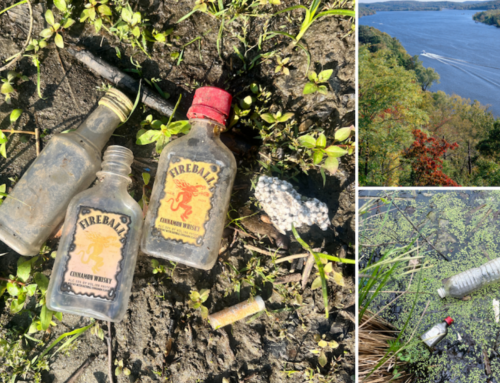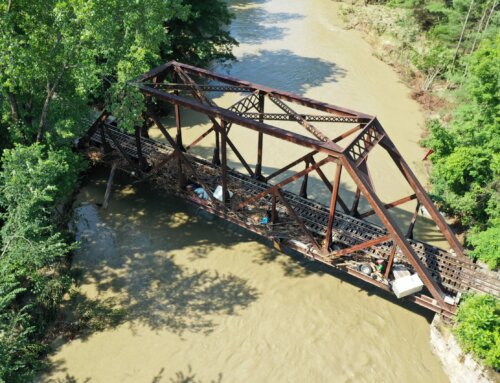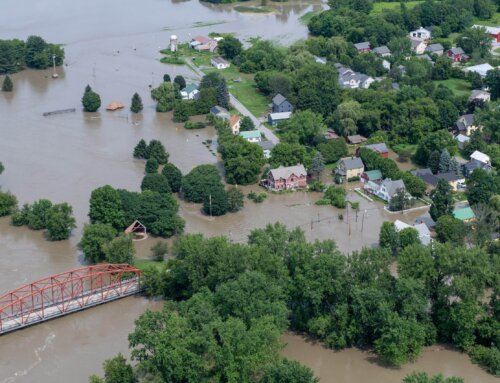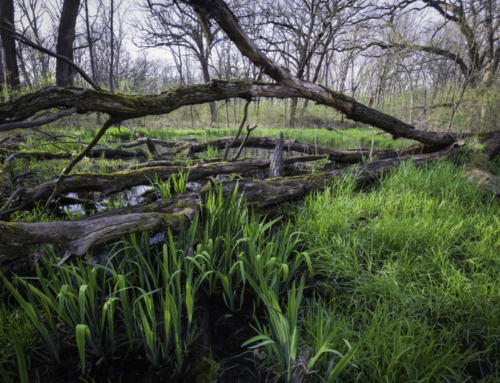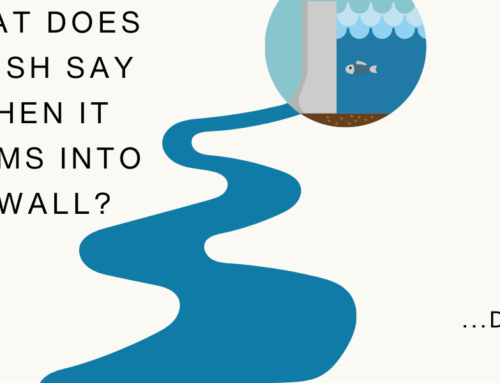Kenneth L. Kimmell, Commissioner
Massachusetts Department of Environmental Protection
One Winter Street
Boston, MA 02108
Mary B. Griffin, Commissioner
Massachusetts Department of Fish and Game
251 Causeway Street #400
Boston MA 02114
Dear Commissioners Kimmell and Griffin,
On August 26, 2011, Commissioner Kimmell issued “Emergency Regulations for Clean Up Activities Following Hurricane Irene.” Tropical Storm Irene struck on Sunday, August 28th, and the Deerfield River and its tributaries in particular suffered catastrophic flooding, during which roads and bridges were washed out, and homes and businesses were damaged or destroyed by flooding. We are writing to bring up a concern about how the emergency regulations have been implemented.
We appreciate the intention of the temporary wetlands regulations issued prior to the Hurricane. As your memo stated, “… the Emergency Regulations are intended to relax the normal requirements under 310 CMR 10.06 for work that is necessary to restore conditions as they existed on August 26, 2011, prior to the storm onset. Since the primary purpose of these Emergency Regulations is to provide timely relief for Conservation Commissions and applicants from typical procedural requirements for work that is not likely to harm resource areas, each Conservation Commission may determine whether 310 CMR 10.61 should be applicable to the municipality.” (emphasis ours)
We are concerned that there has been repair work in several river corridors in the Deerfield valley that are way beyond restoring to pre-storm conditions. In several cases, the work has straightened the river, increasing the potential to cause future problems downstream; degraded fish habitat by removing boulders, woody debris, meanders, and habitat variability; and/or has broken the river’s contact with its flood plain. Please see attached photos of the Chickley River in Hawley as one example. Some of the work has been done in NHESP priority habitat.
All of these activities are contrary to the spirit and letter of the Wetlands Protection Act and the emergency regulations promulgated post-Irene.
It is our impression that on the town and individual homeowner level, bucketloader activities in the river have perhaps been well meaning in terms of trying to repair or prevent further damage to infrastructure or individual properties, but town conservation commissions have been swamped, amounting to a free-for-all. In many cases, the resulting work has perhaps worsened the river’s natural ability to absorb energy from increased flows, and downstream towns and properties will suffer later on. There has also been damage done to several of the state’s few remaining coldwater fisheries and endangered species habitat as well. We would like to note that several years ago, when CRC went through permitting to establish a tiny fish bypass around a small dam — a project that would have benefitted fish habitat — our wetlands permit required us to hand place rocks and boulders, and no machinery was allowed in the stream corridor.
We would like to hear from you how MassDEP is responding to these issues, and also have a dialogue with you about how DEP can prevent further damage in the future when cleaning up from devastating storms. If you would like to contact me, I can be reached at 413-772-2020 x. 205 or adonlon@ctriver.org.
Sincerely,
Andrea Donlon
River Steward
Connecticut River Watershed Council
Cc: Tim Purinton, MA Division of Ecological Restoration
Michael Gorski, MassDEP Western Regional Director
Mike Cole, Deerfield River Watershed Association
Tim Dugan, U.S. Army Corps of Engineers
Gailanne Carridi, MA House of Representatives
Paul Mark, MA House of Representatives
Ben Downing, MA Senate
Stan Rosenberg, MA Senate

Chickley River, Hawley MA



